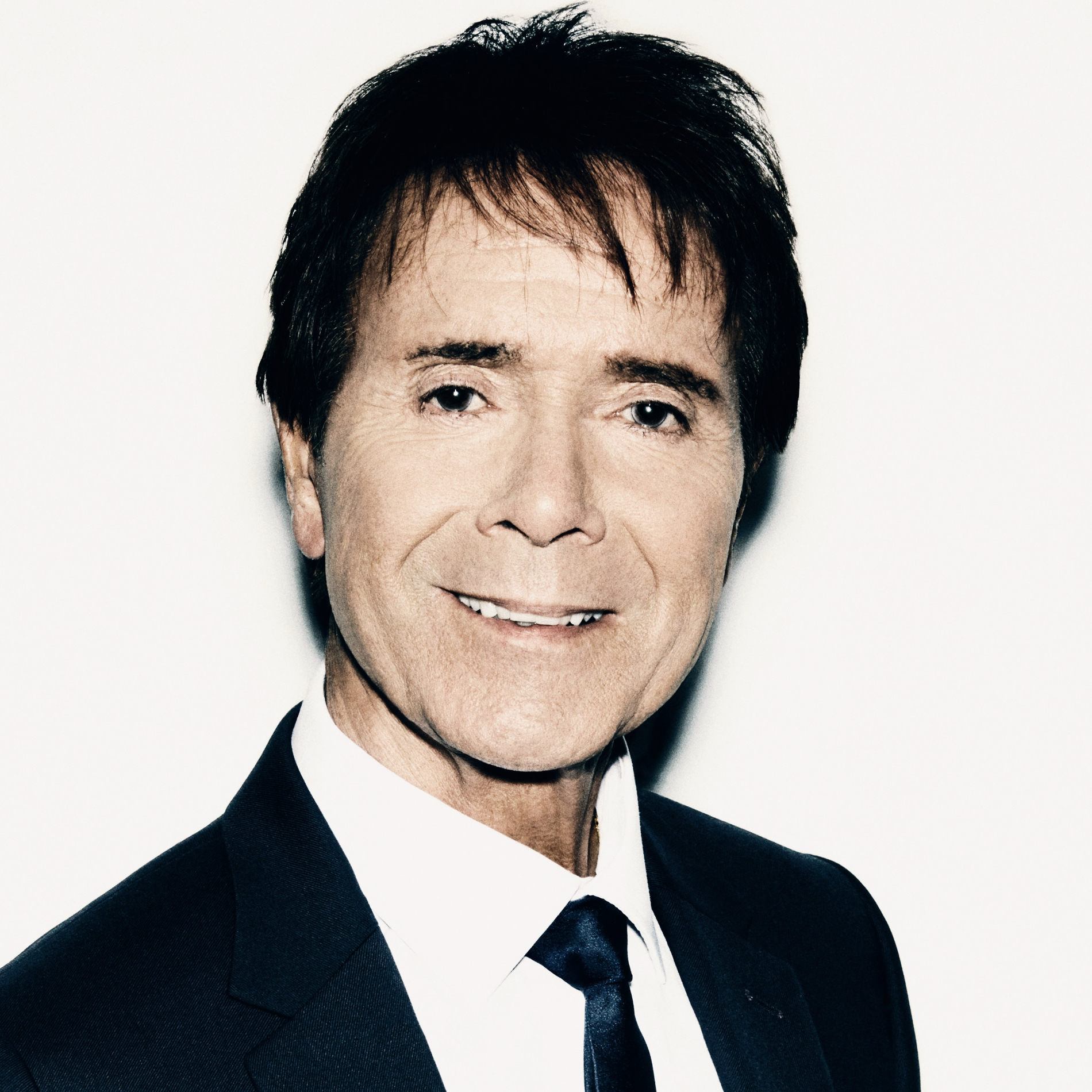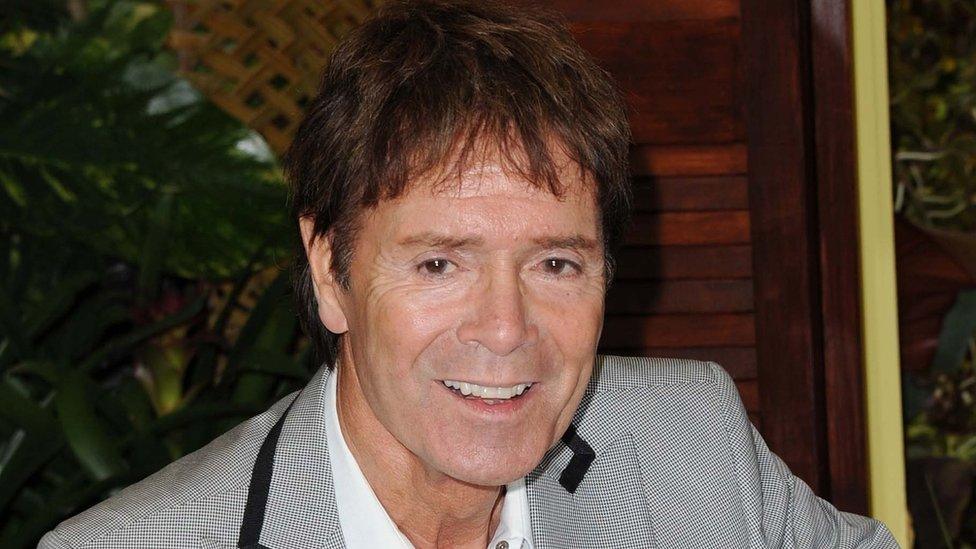Cliff Richard: From a Boy with a Guitar to a Timeless Legend of Music and Faith
Cliff Richard’s journey from a shy boy with a guitar to a global music icon began in post-war Britain’s humble dance halls. Born Harry Rodger Webb in 1940, in Lucknow, India, before moving to England, a young Cliff Richard picked up a guitar in the 1950s, strumming his way out of silence in a war-weary nation hungry for hope. Growing up in Cheshunt, Hertfordshire, he performed in small-town venues, his raw talent catching fire in an era of skiffle and rock ’n’ roll. His first single, “Move It” (1958), often credited as Britain’s first true rock ’n’ roll hit, launched him into stardom at 18, blending Elvis-inspired swagger with a distinctly British charm. Richard didn’t chase fame—he stumbled into it, armed with a smile and a voice that resonated with a generation seeking joy.

Richard’s music captured the spirit of a changing world, blending rock’s energy with heartfelt sincerity. His early hits with The Shadows, like “Living Doll” (1959), topped UK charts, offering a soundtrack to post-war optimism. Unlike the rebellious edge of American rockers, Richard’s sound was redemption wrapped in melody, reflecting his Christian faith and wholesome persona. Songs like “The Young Ones” (1962) and “Summer Holiday” (1963) became anthems for youth, while his films of the same names showcased his charisma as a performer and actor. His ability to connect with audiences through simple, emotive lyrics made him a beacon in Britain’s cultural rebirth.
His enduring career, spanning six decades, proves Richard’s versatility and resilience in an ever-shifting industry. From the 1960s to the 1980s, Richard evolved with hits like “Devil Woman” (1976), which embraced a darker, pop-rock edge, and “We Don’t Talk Anymore” (1979), a global chart-topper reflecting personal heartbreak. With over 250 million records sold and 14 UK number-one singles, he’s outlasted trends, from disco to new wave, while staying true to his roots. His 100th album, Cliff with Strings – My Kinda Life (2023), reimagined classics with orchestral arrangements, earning critical acclaim and proving his music’s timeless appeal.

Richard’s faith has been a cornerstone, infusing his music with a soulful depth that resonates across generations. A devout Christian since the 1960s, Richard’s spirituality shaped songs like “Millennium Prayer” (1999), a chart-topping rendition of the Lord’s Prayer set to “Auld Lang Syne.” His faith also guided his philanthropy, including recent donations to support heroes like Chad Millward, a California first responder injured in a 2025 helicopter crash. “When music touches the heart, compassion always finds its way,” Richard said, a ethos reflected in his support for charities like Tearfund and his emotional tributes to friends like Dolly Parton during her health challenges.
His live performances remain a testament to his ability to make time stand still. At 84, Richard’s concerts, like his 2025 UK tour, sell out arenas, with fans spanning teens to octogenarians. When he steps on stage, the lights soften, and his voice—still clear and emotive—carries echoes of every era he’s lived through, from 1950s dance halls to 21st-century stadiums. Reviews describe his shows as transcendent, with songs like “Mistletoe and Wine” evoking nostalgia and “Wired for Sound” igniting youthful energy. Fans on X share stories of crying during ballads, proving Richard’s ability to forge intimate connections through music.

Richard’s influence extends beyond charts, shaping cultural memory and inspiring new artists. Often called the “Peter Pan of Pop,” he paved the way for British acts like The Beatles, who opened for him early in their career. His clean image and refusal to conform to rock’s wilder stereotypes made him a role model for artists like Elton John, who praised his “enduring authenticity.” Social media tributes highlight how songs like “Congratulations” remain wedding staples, while his Christmas hits are holiday traditions, embedding his music in the fabric of British life.
Despite personal and professional challenges, Richard’s resilience mirrors the hope in his songs. He faced scrutiny in the 2010s over unfounded allegations, emerging with grace and continuing to perform. His openness about faith, love, and loss—never marrying but cherishing close friendships—has endeared him to fans who see him as both star and human. “I never set out to be a legend,” he told The Guardian in 2023. “I just wanted to sing what I felt.” This humility, paired with his unwavering commitment, keeps his music alive in hearts worldwide.
Cliff Richard’s legacy proves that legends don’t fade—they keep singing. His journey from a boy with a guitar to a global icon reflects a life of passion, faith, and connection. As he continues to perform, donate, and inspire, Richard’s voice remains a beacon, carrying the heart of rock ’n’ roll and the soul of hope. In a single note, he evokes memories of broken streets and dance halls, of prayers answered and dreams realized. With every song, Cliff Richard reminds us that music, like kindness, endures, echoing across decades and touching lives forever.
